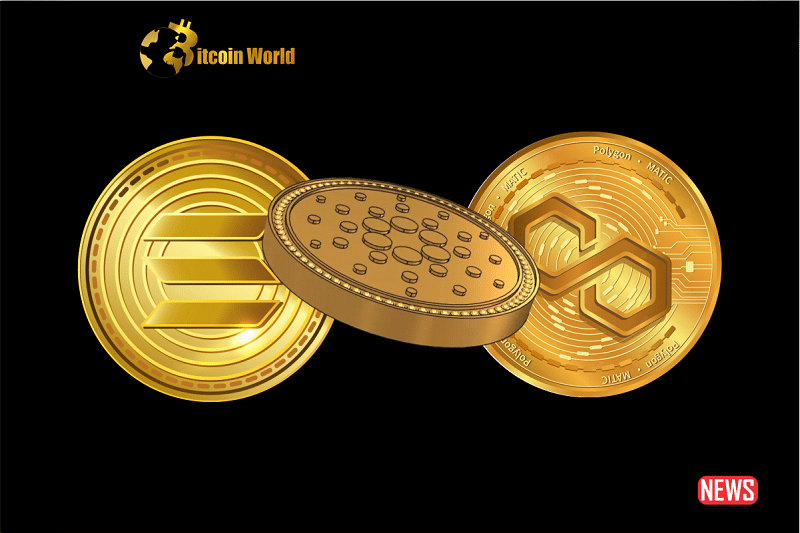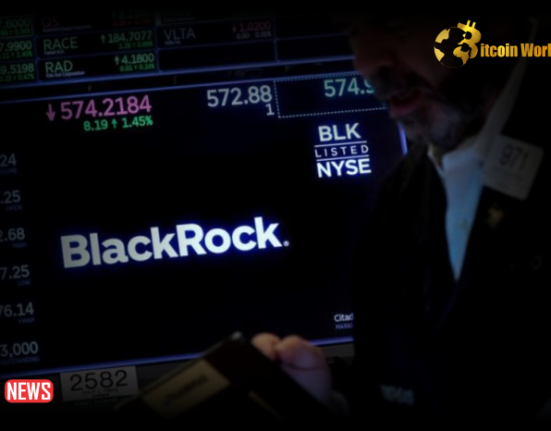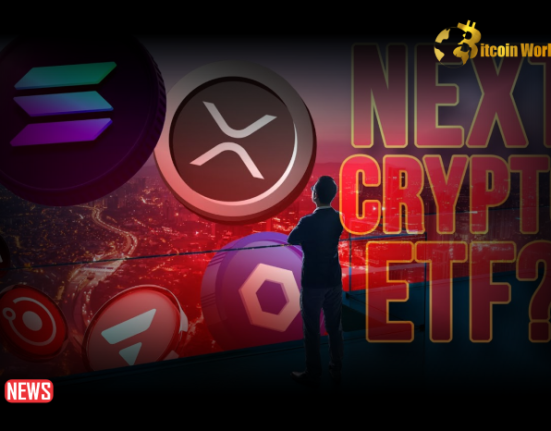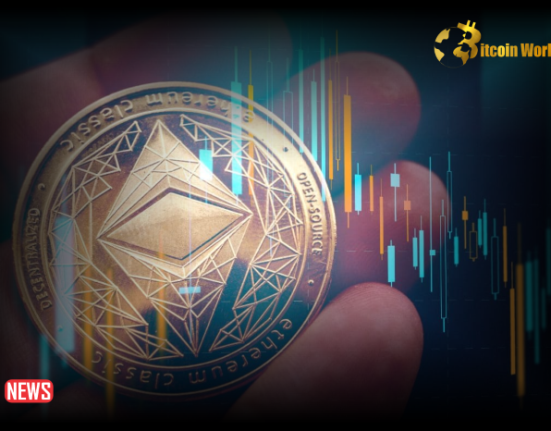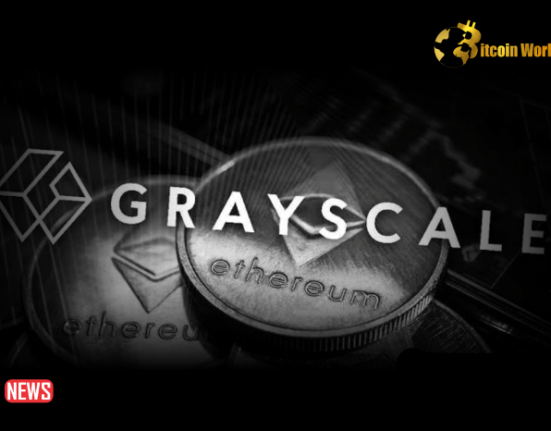The recent claims by the Securities and Exchange Commission (SEC) categorizing Solana (SOL), Polygon (MATIC), and Cardano (ADA) as securities have been met with resistance from the organizations behind these popular cryptocurrencies.
Among the lawsuits filed by the SEC against Binance and Coinbase, Solana, Polygon, and Cardano were singled out as examples of tokens being traded on allegedly non-compliant crypto exchanges. These tokens hold significant market capitalization and collectively account for over $21 billion, approximately one-tenth of Ethereum’s total value.
In response to the regulatory status challenges, Input Output Global (IOG), the firm behind Cardano, defended ADA by stating that it has never been considered a security under U.S. securities law. IOG expressed that the lawsuits would not impact their operations and emphasized the importance of regulatory clarity for the blockchain industry while protecting consumers.
The Solana Foundation, dedicated to Solana and based in Switzerland, expressed disagreement with the characterization of SOL as a security. While not explicitly denying Solana’s security status, the foundation emphasized its commitment to working with regulators and highlighted the need for regulatory clarity for the digital assets space.
Polygon Labs, the company behind Polygon’s Ethereum scaling solution, did not directly address the SEC’s claims but attempted to distance MATIC from the U.S. markets. They emphasized that Polygon was developed and deployed outside the U.S., with a global community supporting the network. The company highlighted MATIC’s utility in securing the Polygon network and stated that it had taken actions that did not target the U.S. market.
Following the SEC’s actions against Binance and Coinbase, Robinhood announced the discontinuation of support for Solana, Polygon, and Cardano, citing the uncertainty surrounding these cryptocurrencies due to the lawsuits.
While the regulatory challenges have cast a cloud of uncertainty, the organizations behind Solana, Polygon, and Cardano strive to defend their tokens’ legitimacy and seek regulatory clarity. They aim to collaborate with regulators to ensure innovation while protecting consumers’ interests.
As the discussions surrounding these tokens’ regulatory status continue, the cryptocurrency community is also exploring potential solutions, such as forking Solana, to address concerns and mitigate potential market impacts.
The path forward for Solana, Polygon, and Cardano remains uncertain, but the organizations involved are actively shaping their currencies’ narratives and seeking clarity in the ever-evolving regulatory landscape.

